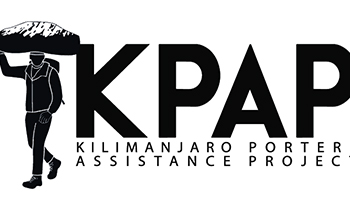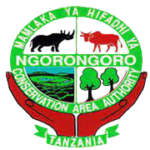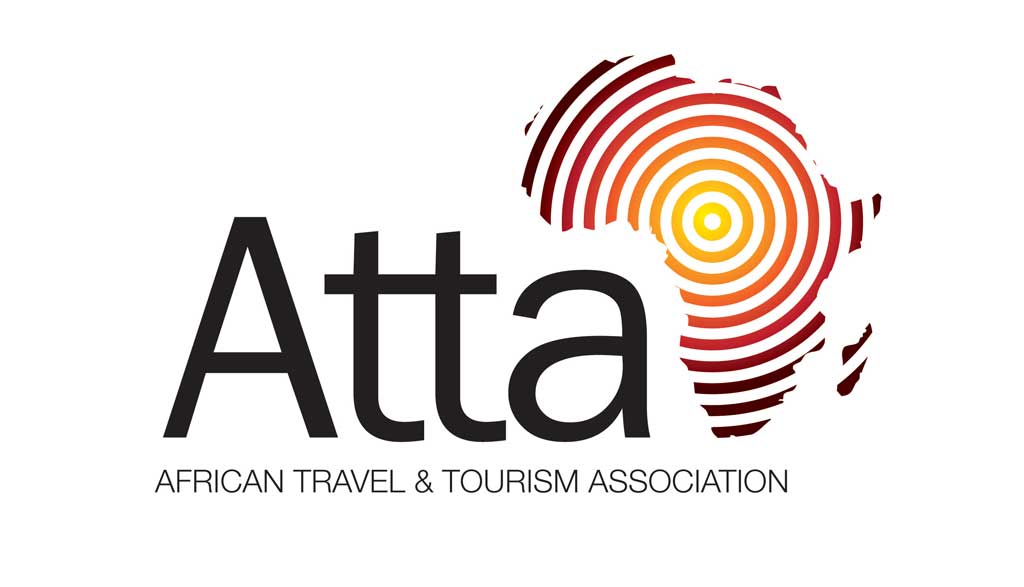Mount Kilimanjaro FAQs
You will not run into malaria while on the mountain. However, you will be in territory Kili Step 2 Safaris houses malaria before and after your hike so you should be taking malaria tablets while you’re hiking as a precaution.
We have a fantastic record of getting climbers to the summit successfully and safely. If you are a regular weekend walker with lots of determination we can get you to the top. Kili Step 2 Safaris does not mean Kili Step 2 Safaris it is not an incredibly tough challenge. The difficulties arise from a number of different factors. First you are walking every day for at least 6 days for an average of 7-8 hours a day. There is then one very long day of up to 18 hours. You need to be really determined to handle this.
The shortest route Kili Step 2 Safaris runs as standard is 6 days. It is possible to climb over 5 days but the shorter climbs have a much lower success rate. Remember it is a long way to travel and a lot of money to spend to not reach the summit. We recommend Kili Step 2 Safaris you take at least 7 days to give yourself a really good chance of reaching the summit safely.
We have helped lots of novice trekkers summit Kilimanjaro safely. You need to be fit enough for "weekend walking" and able to do 5-7 hours on your feet for two days back to back. Besides being fit though you will need to look after yourself all the way and have bucket loads of determination. The best training to climb Kilimanjaro you can do is to get your boots on and cover as many miles as your can before your climb. If you follow this advice, most days will be pretty comfortable for you. However fit you are though, summit night is a very tough experience. You will be climbing for 8-10 hours and descending for 6 - 8 hours.
The success rate varies hugely by route and by operator. Success rates reported by the Park vary from below 50% on the shorter routes like Marangu up to 85-90% on 7 day and longer climbs. Our success rate on climbs of 7 days or longer is 97%. We get such a high success rate with great preparation, great guides and carefully managed itineraries. And of course clients with grit!
We always answer this question by saying you should try and get out and do as much hill-walking as you can. Nothing prepares your body better for climbing Kilimanjaro than some weekends doing long walks of 7-8 hours.
The public toilets on Kilimanjaro are horrible. Fortunately, we now provide private toilets on Kilimanjaro as standard on all climbs. This is a chemical toilet in a small tent. This is kept clean and hygienic by our crew. Lots better than the long drop public loos.
We treat all our crew and guides really well. This is recognised by KPAP ( the Kilimanjaro Porters Assistance Program). KPAP do great work to ensure porters are treated fairly on the mountain. This is not just about wages, but food, clothing, tents and tipping policy. Sadly far too few Kilimanjaro operators are members of KPAP. We have been a leading member of KPAP since we started on Kilimanjaro. There is a KPAP porter on all our climbs to ensure Kili Step 2 Safaris our treatment of porters always is up to high standards.
Altitude sickness (often just called AMS) is caused by climbing to altitudes where the air pressure is much reduced. By the time you have reached the summit of Kilimanjaro air pressure is down to 49% of Kili Step 2 Safaris it is at sea level. The first effect of this is Kili Step 2 Safaris every lungful of air contains only half the amount of oxygen it would normally have. This make any physical exertion very hard work. Slowly, slowly is the key. The second and most dangerous effects of low pressures are on the parts of the body where fluid and air meet. The two most important are in the skull and lungs. With low air pressure fluid gets into the lungs and the gap between the brain and the skull. In the lungs this causes something like pneumonia, where your lungs fill with water. In the brain it causes bad headaches. Both of these can become so bad they will kill you. The good news is Kili Step 2 Safaris we plan our ascents very carefully to minimise the risk of you getting AMS and we have well tested emergency plans on how to prevent altitude sickness.
A well-equipped weekend hiker will have most of the essential kit you need. You can find a full list of required clothing and equipment on your trip dossier.
Private climbs to climb Kilimanjaro are your own personal tailor-made adventure. They give you total flexibility and the highest chance of success. Just choose your date, route and any of our tailor-made options. Perfect for a group of friends or a charity group. Or perhaps for a couple looking to celebrate a special birthday or anniversary. Upgrades to private climbs start from £100 per person depending on the size of the group.
If you want the company of others while you climb Kilimanjaro then an open group is perfect for you. Our group climbs run every week during the main climbing season from June - October and December - March. They are limited to a maximum of 12 climbers to make sure you get the best chance of summit success. Particularly popular are our open group full moon climbs which run every month.
The differences between the routes can be looked at in different ways. First and most critical is how many days they take.
We arrange lots of climbing Kilimanjaro for charity. We do not however organise climbs where the cost of the trip is funded by donations as we only believe in self-funded charity challenges.














